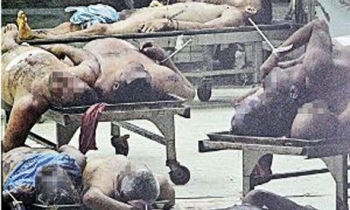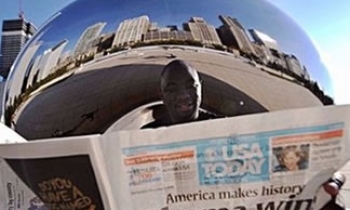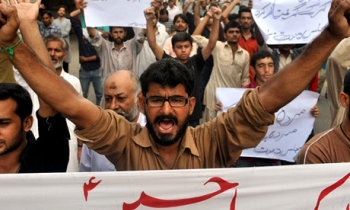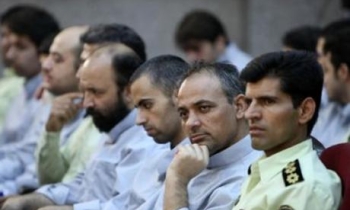Banjul, Gambia: Scores of reporters jailed, some emerging with tales of police beatings. Newspapers shuttered. A journalist forced into hiding.
This country, a sliver on the West African coast, bills itself to foreigners as a cheerful beach resort, but critics say it shelters a corrupt regime that is using state terror to attack the media and silence opponents before September presidential elections.
The situation has deteriorated since Gambia hosted the African Union (AU) summit late last month, according to the New York-based Committee to Protect Journalists (CPJ).
Since then, a reporter for a pro-government paper has gone missing, a nascent publication has been shut down after one issue and its Nigerian founder arrested, and a reporter for a shuttered publication has gone into hiding, the CPJ said.
Though the country's newspapers circulate about 2 000 copies each, the papers have been some of the few organisations to openly criticise President Yahya Jammeh, who seized power in a 1994 coup.
Information Minister Neneh MacDouall said charges of a media crackdown were unfounded. "We have granted licences to more newspapers and more private radio stations than ever before."
But Sam Sarr, editor of the opposition Foroyaa newspaper, said: "We are seen as enemies. You see it withthe repressive laws that they pass."
Police closed the leading opposition paper, The Independent, in March after it published an article that incorrectly named a former interior minister among 23 people arrested for plotting a coup.
The US recently suspended Gambia's eligibility for its Millennium Challenge fund - which gives aid to the poorest countries in the world - citing increased restrictions on civil liberties and press freedom, along with documented evidence of human rights abuses.
Musa Sheriff, a reporter for a weekly Gambian magazine, said he expected to be questioned when he saw his name on the list of people accused of passing information to Freedom Newspaper, an opposition website run by a Gambian living in the US. Instead, Sheriff was thrown in jail for eight days and beaten when he didn't supply any useful information.
Sheriff said he, and the tens of others arrested, were only subscribers.
At the AU summit, a Gambian reporter talked guardedly and said the venue was full of plainclothes security agents monitoring journalists. Such wariness was typical of reporters at the event.
Sarr said that 14 journalists were still detained in Gambian jails, but police spokesman Aziz Bojang said he was unsure if any were still being held.









